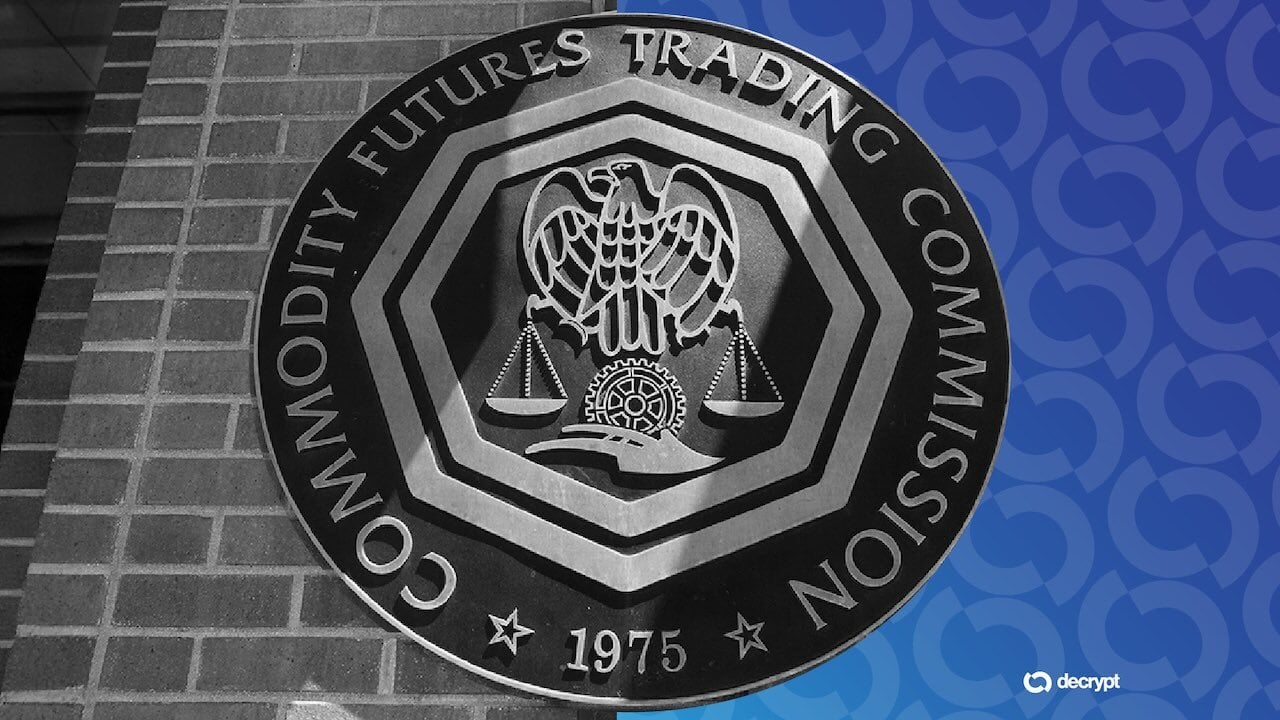Dash forced to upgrade after suspected attack on network
Dash core developers suspect foul play when transactions spiked on the network.
2 min read

Cryptocurrency Dash was hit by a massive wave of transactions last week, caused either by a malicious actor trying to undermine the network or an unknown developer running a stress test—it’s unknown which one.
The subsequent hack led to a slowdown in transaction confirmation times and a spike in fees. As a result, the Dash core team has just put out a fix to make the attacks much harder to carry out.
Dash is well known for sending money more quickly and cheaply than Bitcoin, with an extra layer of security. Transactions cost less than a cent, and transaction times take about a second. However, to achieve this, it has a semi-trusted layer of Masternodes (computers that power the network), that do a lot of the heavy lifting.
Over Wednesday and Thursday last week, Dash developers noticed two large spikes in transactions. During the attack, average transaction fees skyrocketed from $0.01 to $0.18.
Under the sudden stress, the network descended into chaos. Masternodes crashed, and sometimes banned other Masternodes under high load; mining pools didn’t properly empty their mempools (the pool of transactions waiting to go through) and produced near-empty blocks, and some user transactions did not get included in blocks rapidly. All in all, things were in bad shape.
The fix, known as version 0.14.0.3, included a number of improvements to help keep the network protected from both spam attacks and stress tests, which from the network’s perspective, are the same thing.
While the attack had a big impact on the network, it didn’t shake the market. Over the two days, the price of Dash remained at around $104—although it has since dropped to $93. Clearly, investors aren’t worried.
Get crypto news straight to your inbox--
sign up for the Decrypt Daily below. (It’s free).
Recommended News
Decrypt-a-cookie
This website or its third-party tools use cookies. Cookie policy By clicking the accept button, you agree to the use of cookies.

